Granite is a natural creation. One piece of rock is not like any other in the world. This is the one quality that makes this stuff so beautiful and in demand. The individuality of each granite slab is what lures so many homeowners into deciding on a granite countertop. This also means that no two granite slabs have the same absorbent qualities. If all stone came from one quarry, it would be similar, yet still unique. For example, Black Galaxy from Brazil may not absorb anything, whereas similar black granite from Asia may be a sponge. It does not matter where the stone is located in your design; it can be a vanity top, kitchen countertop, fireplace surround, island top, or floor tile.
If it's natural stone, then there is a chance it might need sealing. What does that tell us? Not all granite or marble will take a sealer. If a stone cannot absorb anything, even an impregnating sealer won’t sink in. Impregnating sealers sit below the surface of the stone and deposit solid particles into the pores to coat the individual minerals below. The good news here is that if a sealer won’t penetrate the stone, neither will a stain. An example is Ubatuba granite: it’s very bulletproof and usually does not require any sealing. Sealer generally does not penetrate this stone and is useless, leaving a hazy film on the surface. This may come as a surprise to many in the countertop industry. If you go to any home show and ask countertop salesmen that sell anything other than natural stone what makes their product better than stone and you will always get the same answer. They will all say that stone needs to be sealed every six months to once a year but their countertop surface doesn’t require this “inconvenience”.
[get_quote]
The need for sealing every granite, and sealing it often, is a myth and absolutely untrue. These kinds of tales are born from fears and insecurities, or specifically designed to prey on such concerns of homeowners. Everyone loves stone, but there is a certain mystique attached to it that scares the people who know little about it. These scare tactics make granite owners afraid to do anything with their granite stone because if it’s ruined, it’s too expensive to replace. The competition tries to pull away potential customers from getting a stone top by over-exaggerating the need for sealing granite and marble countertops. If this is the only perceived weakness of granite countertops for potential buyers, it’s easy to spread the scare that "all granite needs to be sealed.” It makes sense to them and is a compelling reason for you to buy the competitor’s product instead of granite and other natural stone. In reality, a small percentage of the commercially available polished stone used for countertops needs a sealer. A low percentage needs to be sealed because granite is the main stone variety in use, and not all granites are fully absorbent. You can see this on something as simple as a granite boulder in a park or field; after it rains, it doesn’t stay wet. It dries instantly.
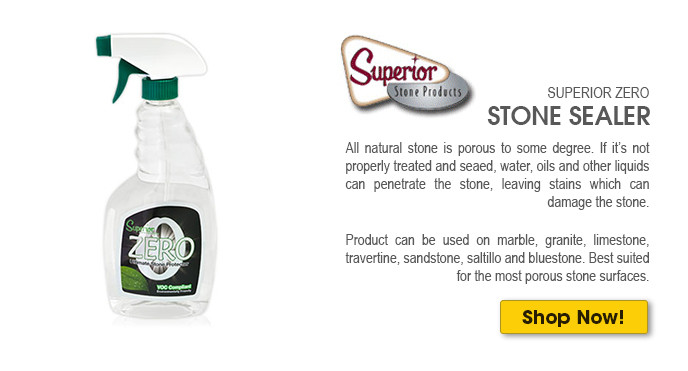
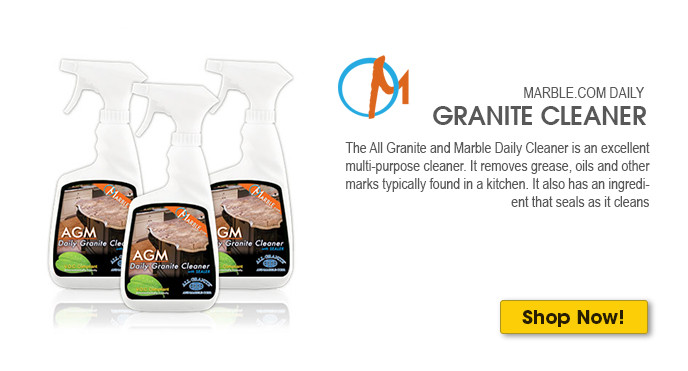
You can use a solvent test to see if a solvent- or petroleum-based stain will enter the granite. Simply dab some mineral oil on the slab and leave for 5-10 minutes. If, after you remove it, it doesn’t darken the stone, neither will a staining agent. If it does go dark, no worries about damaging the granite with the test; the mineral oil will completely evaporate, leaving the stone its natural color. But, this will tell you that you can use a solvent-based sealer to protect against oil-based stains. In short, if the granite goes dark with either water or mineral oil, then seal. If there is no color change after testing with these two liquids, you do not need a sealer on your granite countertop. This test works for granite and almost all other stones, although there’s a caveat here for marble; an impregnating sealer will not protect marble against those nasty water rings and spots. They aren’t stains, no matter how bad a customer wants them to be stained; they're etched or corrosion. It's a chemical reaction between the calcium in the granite or marble and the acid in the product that caused the etch. Think of your favorite shirt in the laundry. When you spill water or oil on it, it goes dark. If it stays dark, it’s a stain. If it loses its color, it is bleached out or white, as the dye or color from the thread is gone. On marble, the surface of the stone is corroded, leaving the stone in its real natural state or its unfinished look. No amount of sealer will bring the color back, it needs to be resurfaced. It’s also important to emphasize that this applies to commercially available polished stone.
[get_quote]
When a stone is polished, the pores are tighter and restrict the ability of liquids to enter. With honed surfaces, liquids can enter some of the less absorbent stone more freely and therefore require an impregnating sealer. One of the usual questions to pop up is, once you determine if you’re going to seal granite, how often to do it? This answer is the easiest: When your countertop no longer repels water or oil. The field test is that, after washing the dishes, a customer starts to notice the stone is darker with moisture and then getting lighter a short time afterward, it’s time to re-apply (not coat) with the brand of sealer used originally. Reputable fabricators like All Granite and Marble Corp value their customers and will seal marble and granite that needs sealing when installation is complete. They also show the homeowner how to properly seal natural stone so no mistakes are made in the future. Any sealer worth its weight in gold should last you at least one year, even with the most porous of all marble and granite. As far as lifting the mystery of sealing stone: Seal when needed, and try to use products that don’t require frequent repeat applications. In this case, more is not always better.













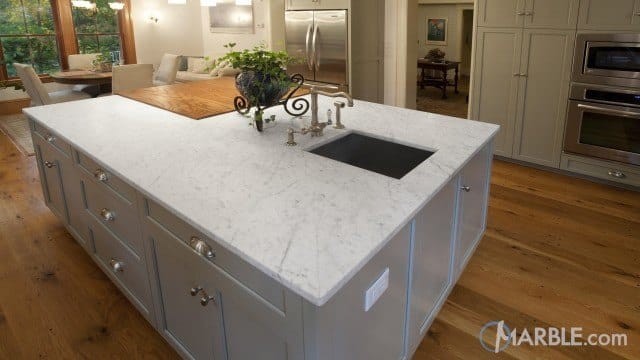
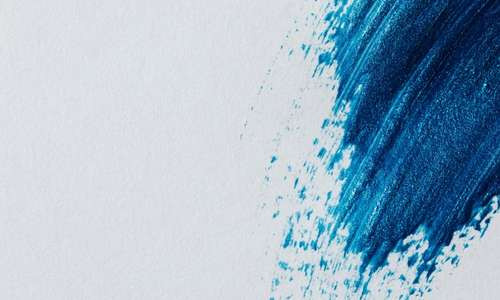
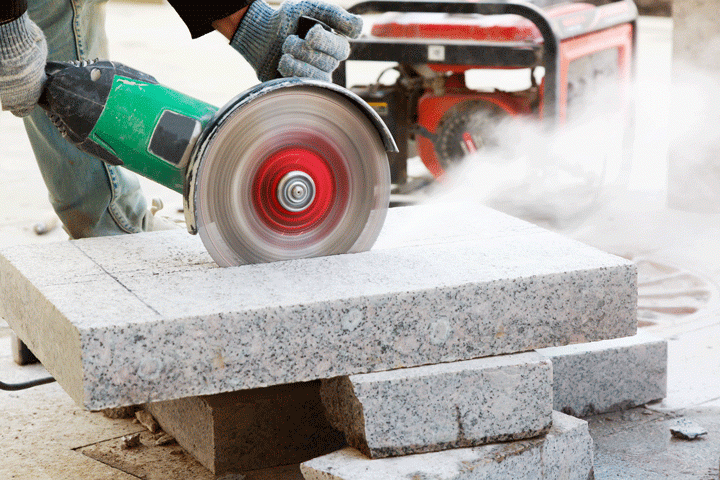
 The article helped me immensely
The article helped me immensely
 I’m now more informed on the subject
I’m now more informed on the subject
 I have questions about Marble.com
I have questions about Marble.com
 The article was not accurate at all
The article was not accurate at all
 There is a serious lack of information
There is a serious lack of information
 I have questions about Marble.com
I have questions about Marble.com